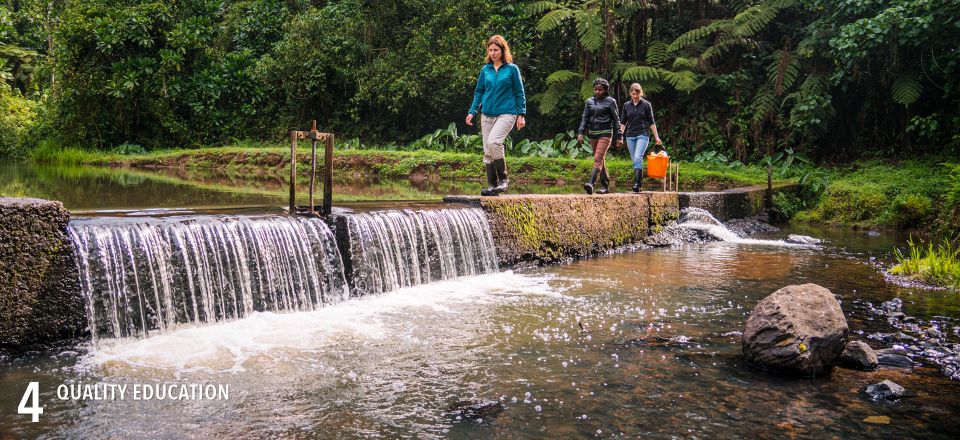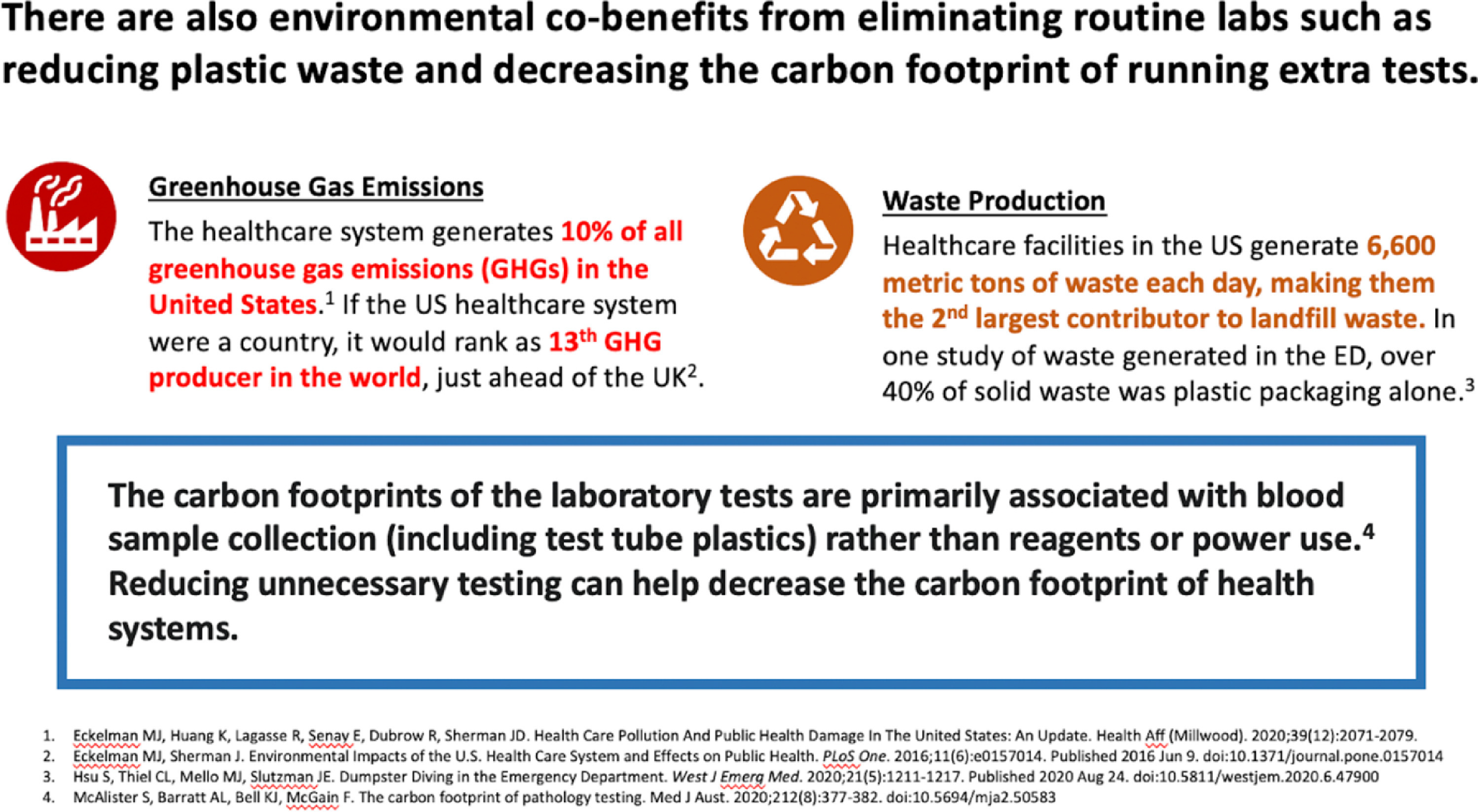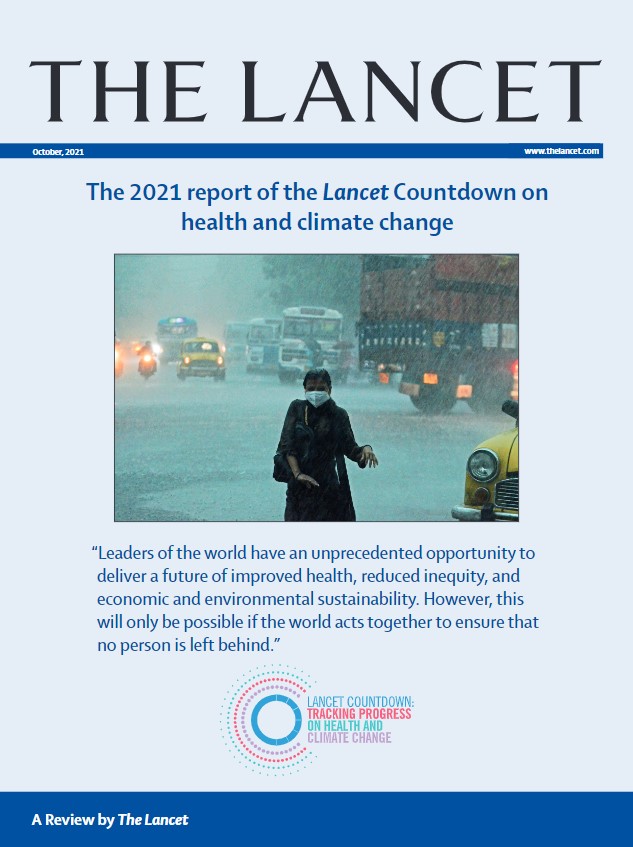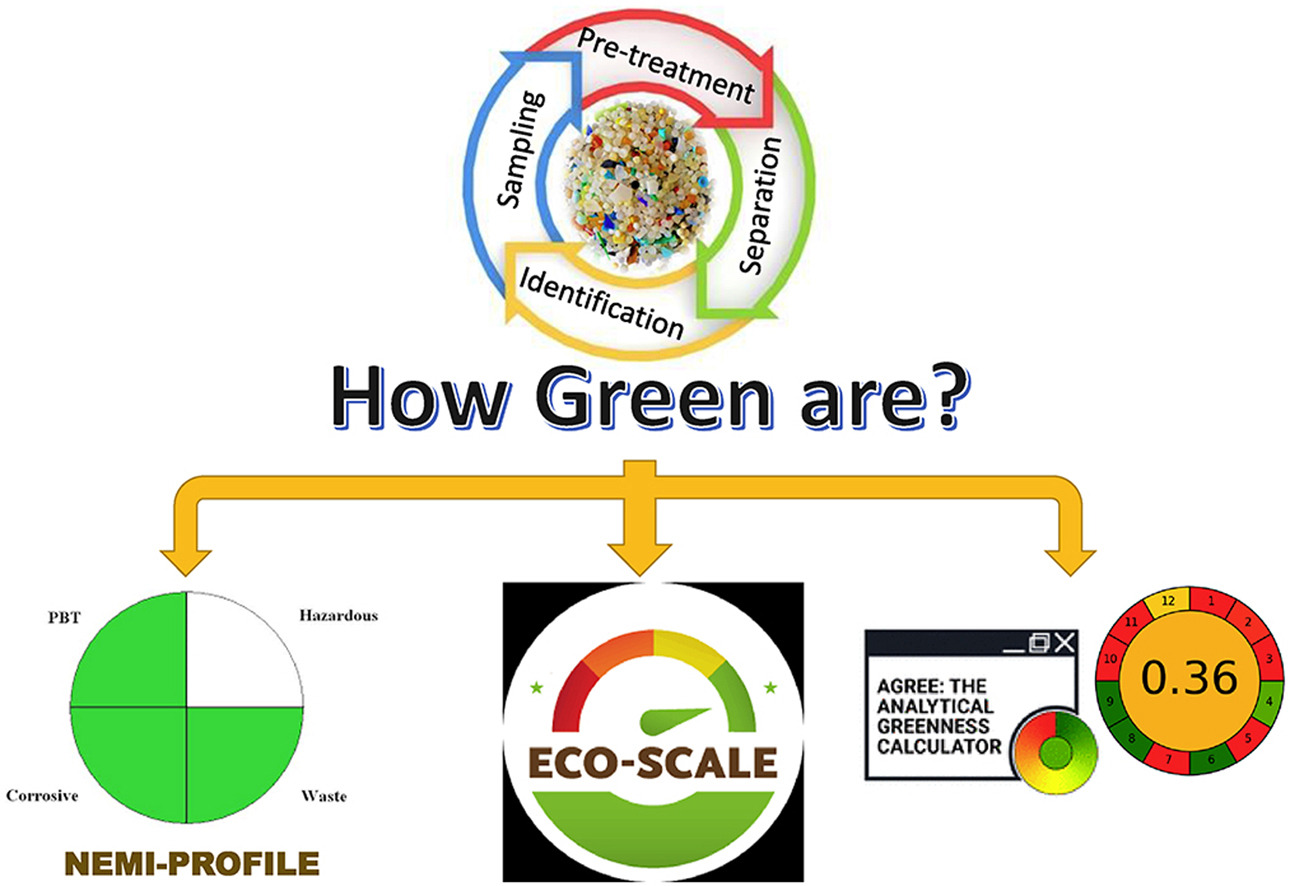Partner content
United Nations University, October 2021
The UNU Conversation Series provides a unique public platform for influential experts, world leaders and respected scholars and authors to share personal insights on contemporary global affairs, politics, and media. Held in Tokyo at UNU headquarters, the Conversations are hosted and moderated by UNU Rector and UN Under-Secretary-General David M. Malone
Partner content
United Nations University
Interconnections are central to the 17 Sustainable Development Goals (SDGs). Adopted by the UN General Assembly in 2015, the SDGs inspire global action to overcome the world’s related challenges — from hunger and poverty to equality and peace. Governments, businesses, civil society, and the UN system are working together to achieve the goals by 2030, and improve the lives of people everywhere.
Healing the climate crisis: are health professionals (enough and well) "alarmed"?
How education about the environmental impact of unnecessary laboratory testing can affect ordering.
The Lancet Countdown is an international collaboration that independently monitors the health consequences of a changing climate. Publishing updated, new, and improved indicators each year, the Lancet Countdown represents the consensus of leading researchers from 43 academic institutions and UN agencies.
This book chapter advances SDGs 3 and 17 by outlining the common physical impairments found in people living with dementia, as well as evidence for treatments to maintain or improve physical function and prevent falls, in both community and residential settings.
Looks at the links between sustainability of water in mountainous areas and sustainability.
The authors propose the adoption of a mnemonic for climate action that healthcare professionals can embrace and use as a platform to catalyse action.
Microplastic (MP) and nanoplastic (NP) pollution is among the global environmental concerns of the 21st century owing to its transboundary distribution and persistence. The number of studies focused on the determination of MPs in air, water, sediment, soil, and biota of an important number of ecosystems has increased exponentially. However, the impact that the methodologies used to isolate and determine MPs and NPs have on the environment owing to the consumption of reagents and energy and the generation of waste is not yet studied.
Energy production and CO2 emissions are strictly connected. One of the most efficient and straightforward mitigations to the climate change is the conversion of CO2 into chemicals that may play the role of energy vectors in a carbon-based energy cycle. Practical aspects of using abundant and low-cost materials are crucial for real-world applications, in particular redox catalysts with high turnover number, selectivity, and efficiency to overcome the CO2 stability.





